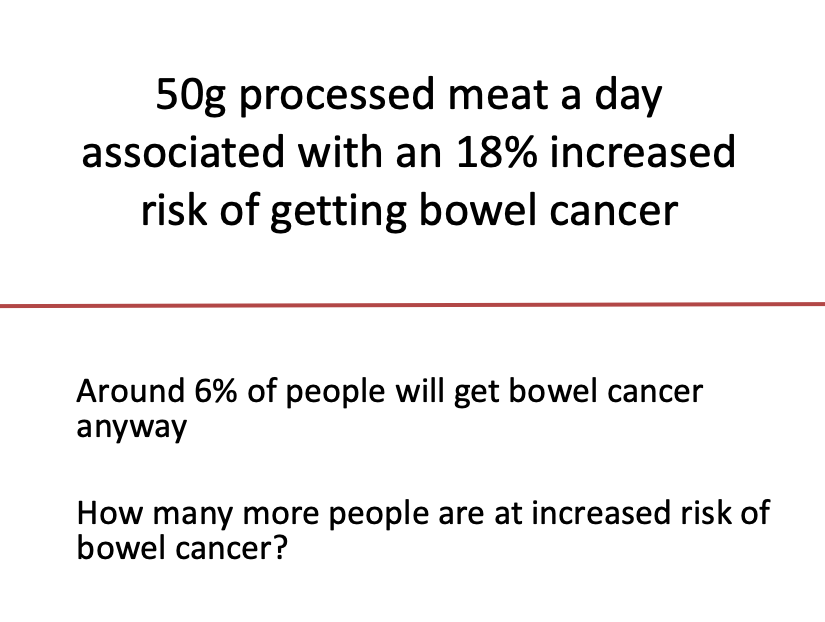One good thing from the whole #redmeat debate is that the same team did a review of the evidence for sugar recommendations & concluded similar to meat that reducing sugar a waste of time for most people.
Folk on ‘sides’ looking hilariously silly sighting either for support.
Folk on ‘sides’ looking hilariously silly sighting either for support.
And I say good thing because it highlights the inherent biases people hold when the same type of evidence to support their views is dismissed when it does not.
And there’s been very little discussion and thoughtful comeback, IMO, of the judgments the authors of the studies made
And there’s been very little discussion and thoughtful comeback, IMO, of the judgments the authors of the studies made
And that for me shines a light on the sad state with the majority of scientific discourse and debate in the 21st century.
I’m happy to be proved otherwise. In fact I hope I am.
Weren’t scientific debates of the past actually informative on methods or is that just rose tinted?
I’m happy to be proved otherwise. In fact I hope I am.
Weren’t scientific debates of the past actually informative on methods or is that just rose tinted?
• • •
Missing some Tweet in this thread? You can try to
force a refresh








